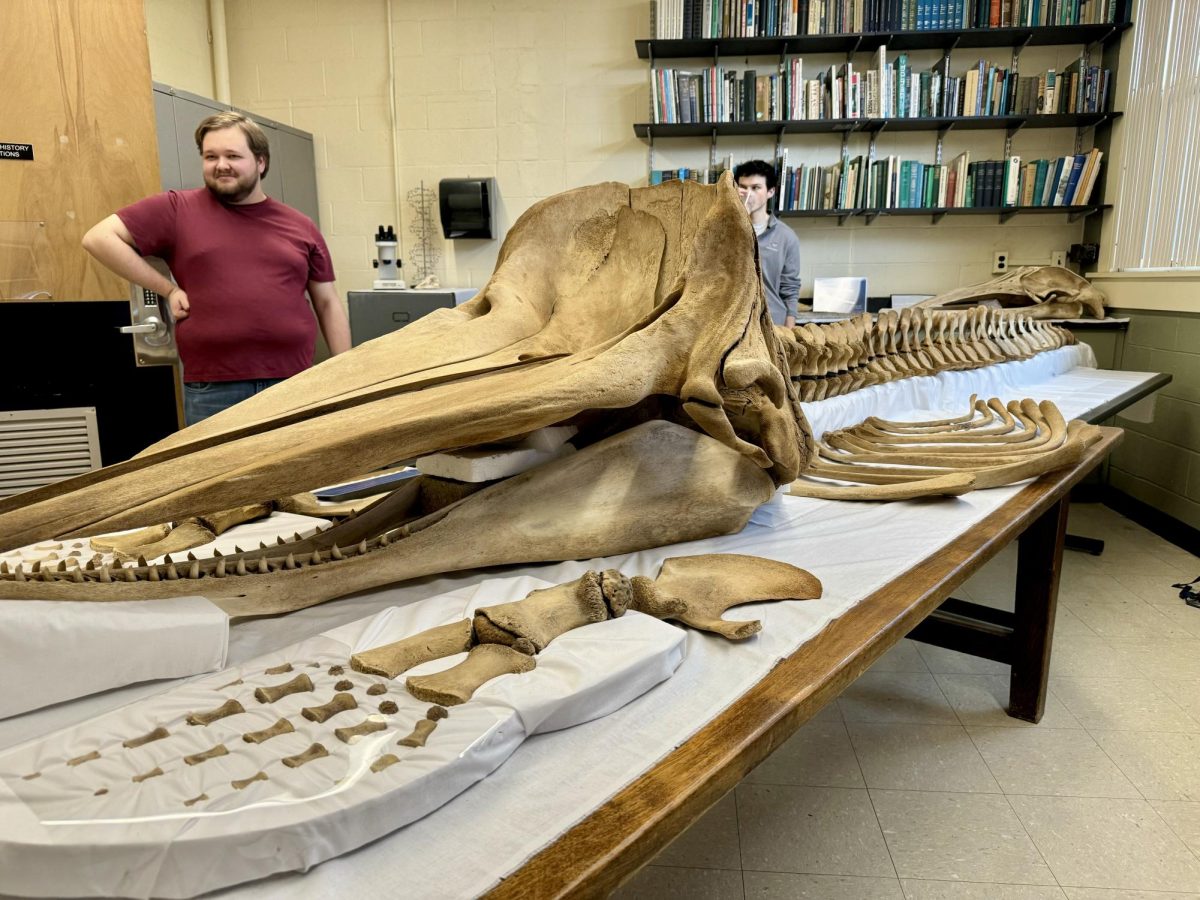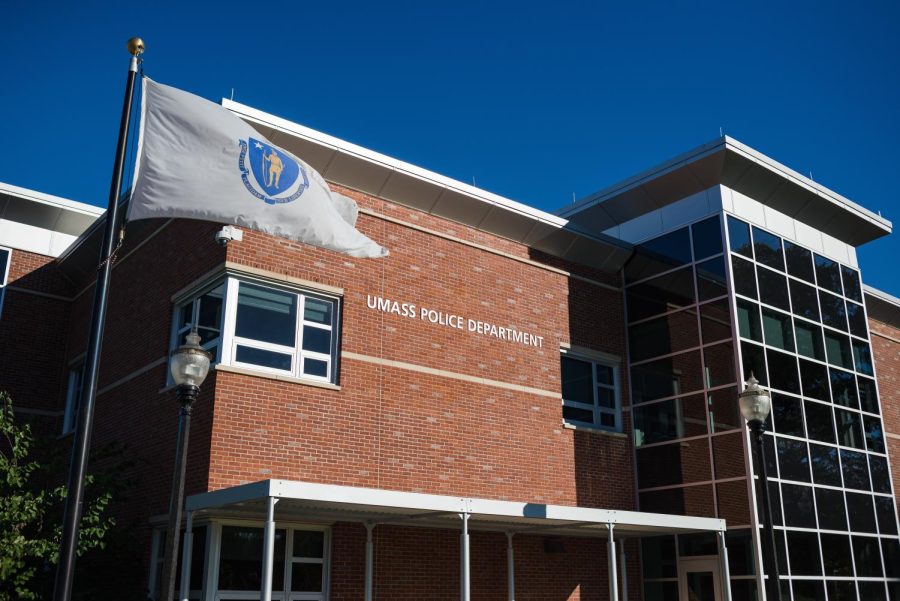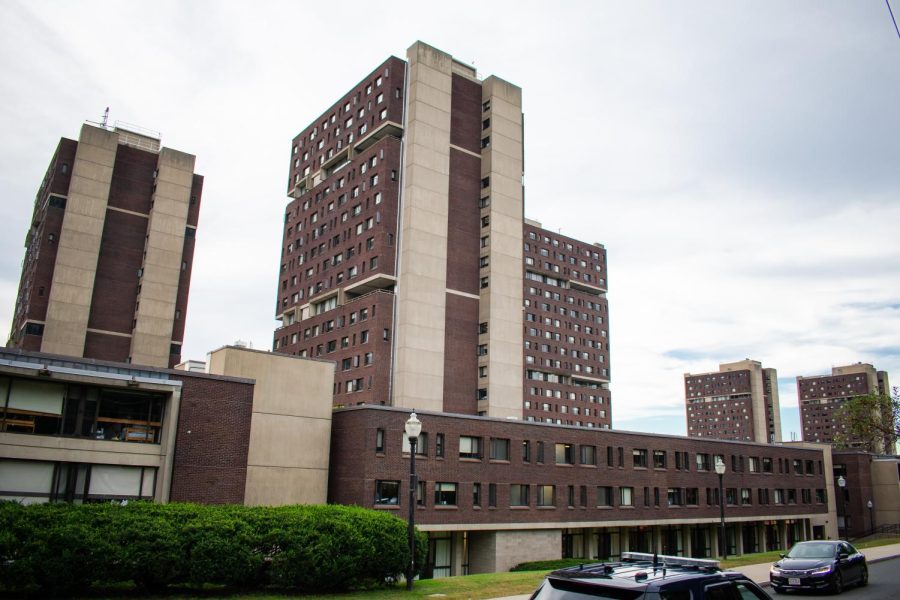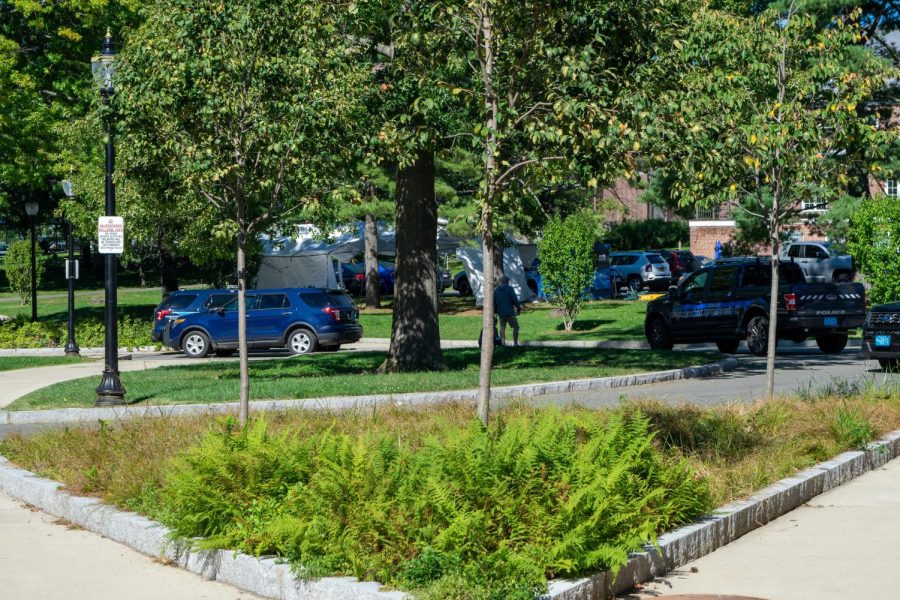
University of Massachusetts Chancellor Kumble Subbaswamy has suspended the use of student confidential informants by the UMass Police Department until a full review of the program can be completed, according to an email sent out to the campus community Tuesday night.
The decision comes after a Boston Globe story published Sunday raised questions about whether the University did enough to help a UMass junior and confidential informant who died of a heroin overdose in his off-campus apartment last October.
According to the Globe, the student had been caught selling LSD and the club drug Molly a year before his death. Police also seized a hypodermic needle during the bust. However, instead of informing the student’s parents and suspending him, UMPD offered to keep the offense a secret if the student became a confidential informant, according to the Globe.
“The death of a UMass Amherst student following a drug overdose last year, as reported in the Boston Globe, was a terrible loss for his family, friends and the UMass Amherst community,” the University said in a statement released Monday.
“In the case reported by the Boston Globe, UMass Amherst reached out to the student on two occasions to offer resources and assistance, keeping in mind the university’s legal obligation to respect the privacy of students who are legally adults. However, the student decided not to seek assistance. He successfully concealed his use of heroin from a wide variety of people.”
UMPD and Student Affairs officials, with input from students, will conduct a review of the University’s confidential informant policy to determine whether the program should be discontinued or revised, and if so, whether informants in drug cases should be required to receive a mandatory referral to an addiction specialist. Officials will also consider whether parents should be notified when their student becomes a confidential informant, according to the statement.
In Tuesday’s email, Subbaswamy also announced that UMPD, which has reported to the Vice Chancellor for Administration and Finance, will now report to the Vice Chancellor for Student Affairs and Campus Life, a position currently held by Enku Gelaye.
“I am confident that opening new lines of communication and coordination will benefit our students and the entire campus community,” Subbaswamy said in the email. “This realignment will also facilitate the implementation of many of the recommendations of the Davis report pertaining to residence hall safety.”
In Monday’s statement, the University said it learned for the first time from the Globe that the person who allegedly sold heroin to the deceased student reportedly still attends UMass. The Amherst Police Department has jurisdiction over the off-campus apartment where the student died, according to the statement, and the University received no information indicating that the alleged dealer was a UMass student after a follow-up investigation.
However, UMPD requested an update on the investigation from APD Monday to determine the accuracy of the report in order to “take prompt and appropriate action as needed,” according to the statement.
The confidential informant review is in preparation for a scheduled police accreditation review within the upcoming year. The University’s current policy meets the Commission on Accreditation for Law Enforcement Agencies standard, according to the statement.
“The assessment will help determine whether the confidential informant program can operate successfully with a mandatory referral to an addiction specialist, providing an intervention for a student in need while maintaining a program that deters distribution of illegal, lethal drugs,” the statement said.
According to the University’s statement, confidential informants are only used when it is believed that such informants can lead to the apprehension of a major drug dealer who poses a threat to students, especially in residence halls. Currently, there are no active confidential informants working with UMPD.
Aviva Luttrell can be reached at [email protected] and followed on Twitter @AvivaLuttrell.

















